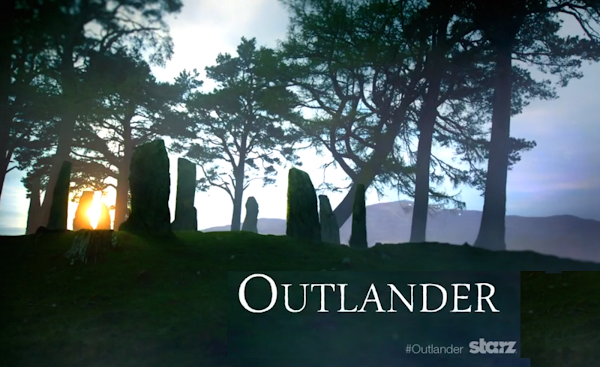SCOTTISH PRISONER vocabulary

I always enjoy learning new words when I read Diana Gabaldon's books, and THE SCOTTISH PRISONER is no exception. Here are some of the words I encountered for the first time in this book. (Click on the links to see the definitions.)
amplexus (title of Chapter 28) - I always pick up the oddest bits of trivia reading Diana's books, and this is one of my favorite examples from SCOTTISH PRISONER.
baulk (p. 356) - When I asked Diana if she meant "bulk", she said, "No, I really did mean 'baulk'. It's a somewhat obscure word, meaning a nondescript chunk of something. Almost the only place you see it in modern English is references to 'baulk(s) of timber,' meaning some random piece of ungraded wood, length and shape unspecified."
crepuscule (p. 345) - Anyone else would simply say "twilight", don't you think? But we're in Lord John's point of view in this scene, so it's no wonder my vocabulary's being expanded. His lordship's fondness for unusual words is one of his most endearing traits, at least to me. Like Brianna, I love the way he talks! :-)
cui bono (p. 336) - I had never heard this expression before. To me, it sounds like some sort of legal term, but maybe I'm getting it confused with "pro bono". :-)
defalcations (p. 16) - compare this to peculation, which is also used in the book (p. 176) but which I don't count as a new word because I first saw it in "The Custom of the Army", in reference to Major Siverly's activities.
embranglement (pp. 171-72) - also spelled imbranglement. Diana explains this word in the Author's Notes at the end of the book: "period colloquialism; an onomatopoetic word that means just what it sounds like: complicated and involuntary entanglement, whether physical, legal, or emotional."
fridstool (p. 174, also title of chapter 14)
hockogrockle (p. 190) - the sound of this word makes me smile.
stocious (p. 106) - I love Nessie's way with words.
What about the rest of you? Do you have a favorite new word or two that you picked up from THE SCOTTISH PRISONER?







Karen